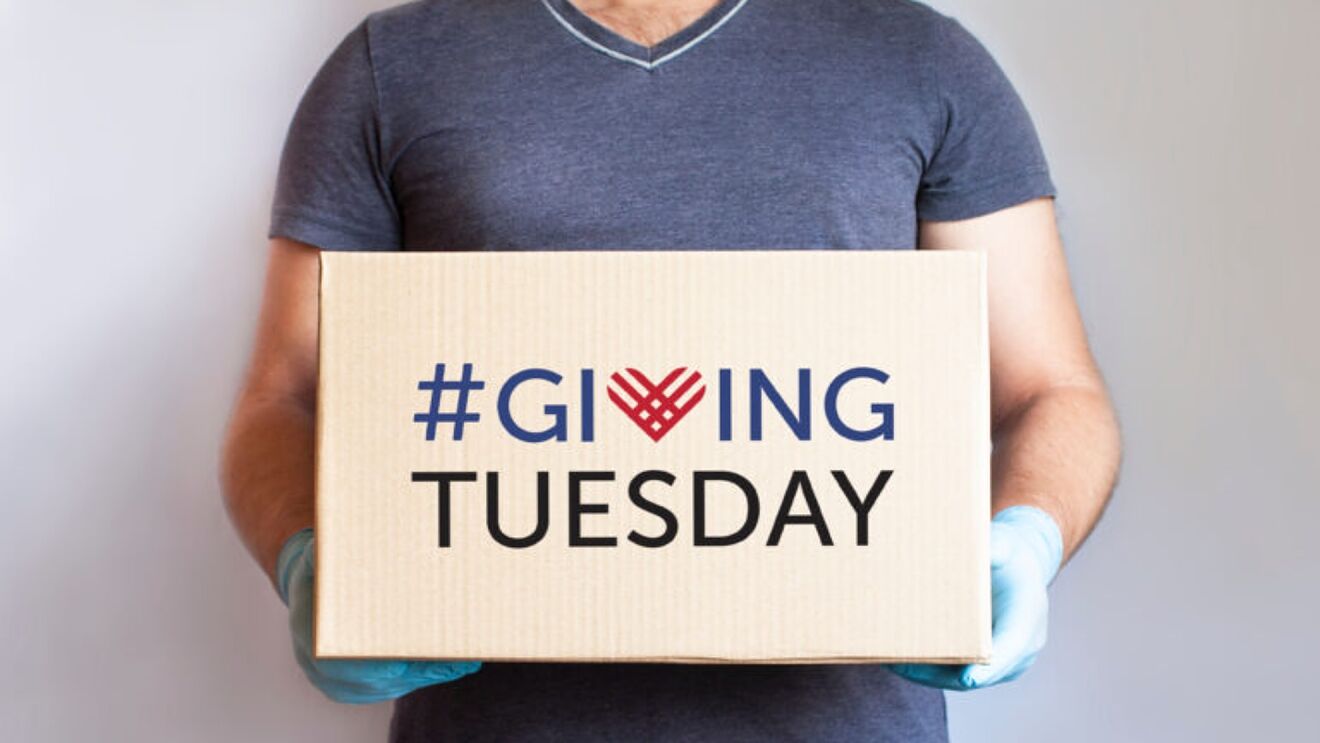#GivingTuesdayis all about the power of giving, so today we are focusing on the giving of power – to address the growing problem of fuel poverty, that is.
Fuel povertyis defined by the Warm Homes and Energy Conservation act as“the condition of being unable to afford to keep one’s home adequately heated.”
This serious condition usually results from the combination of 3 factors:low income,high fuel prices(such as electricity in the UK,worsened by higher tariffsfor low-volume energy users) andpoor energy efficiencyin the built environment (e.g. poor insulation or old/inefficient heating systems).
The UK Government’s2015 Fuel Poverty Reportshowed that4.5 million householdsfaced fuel poverty last year, representing nearly20% of all households in the United Kingdom.Further,82%of the British population expressed concern at being able to afford their energy bills over winter.
For these reasons, we’re taking this#GivingTuesdayto tell you about our favourite non-profit energy initiatives focused on eliminating fuel poverty, more important than ever as winter approaches.
Ebico Trust
Ebico is a fully certified social enterprise in the UK with the mission of helping those affected by fuel poverty. Financial surpluses generated by Ebico are used to support local projects in fuel-poor areas through a registered charity calledEbico Trust.所产生的额外收入提供更多than 60,000 British households with attractively priced energy from Scottish and Southern Energy, their licensed supply partner.
Learn more about how Ebico is fighting fuel poverty in the UK by exploring the6 ongoing projects of Ebico Trust.
Energy Saving Trust
Founded in 1993, theEnergy Saving Trustis an independent non-profit organisation dedicated to energy efficiency and conservation by advising households and governments on energy issues and promoting community energy initiatives. The EST has also set up Britain’s 1st research foundation on community energy and built a partnership network that works with communities, local authorities and the energy industry to deliver low-carbon solutions that meet local needs.
The Energy Saving Trust currently has 3 projects up and running: theLocal Energyinitiative in Wales, theCommunity and Renewable Energy Scheme (CARES)in Scotland andCommunities Living Sustainablywhich is dedicated to encouraging behaviour change in communities toward more efficient resource use, including energy. They have also contributed to the building of theCommunity Energy Hub, a searchable database of community energy projects across the UK
The Community Energy Hub also features a very usefulCommunity Energy Efficiency Toolkitbased on the experiences of 11 communities delivering home energy efficiency programmes under the Communities Living Sustainably programme.
National Energy Action
A UK national charity working to end fuel poverty in England, Wales and Northern Ireland by doing research, training, project delivery, events and stakeholder engagement to treat systems and address the root causes simultaneously. Their sister charity is Energy Action Scotland.
TheNational Energy Actionstory begins over 30 years ago with a group of Durham University students who wanted to make a difference by installing insulation in the homes of local elderly people. Today, their organisation has grown to a national charity with 70 employees helping millions of UK households access grants and push fuel poverty to the forefront of public policy concerns.
NEA has built aFuel Poverty Assessment toolto help home energy efficiency assessors and programme workers to quickly and easily calculate whether a citizen is living in fuel poverty. The calculator works by estimating the impact of different fuel poverty interventions to help assessors understand which measures are likely to be the most cost-effective.
Sharenergy
An organisation dedicated to help grow the community energy sector in the UK, to build up local capabilities to set up and own renewable energy co-operatives. In the 5 years since its establishment,Sharenergyhas advised hundreds of grassroots energy projects and facilitated more than 30 share offers, including a residents-led energy co-op in Dorset. Among the benefits of community energy programmes include the dissemination of energy advice for people in fuel poverty.
Energy Bank (Banc de l’Energia)
The fuel poverty issue is by no means exclusive to the UK – sometimes described as energy poverty, the issue can have lethal consequences such as inthis tragic storythat hit rather close to home for us here at DEXMA. Unlike in Britain, France, Germany and Italy, the Spanish government does not intervene to ensure vulnerable households are not cut off if they cannot pay their energy bills.
Thankfully, organisations likeEnergyBankexist to help. This non-profit association based in Catalonia promotes energy savings and energy efficiency for the benefit of energy poverty sufferers. This is done primarily through education, and also a process called solidarity processing.
Rather than accumulating energy resources like a regular bank, the aim of the Energy Bank is to redistribute energy resources by reinvesting savings generated by local authorities and individual participants to improve housing conditions for of vulnerable households. Energy Bank also offers support and training in addition to helping citizens facing energy poverty to pay their bills.
DEXMA is proud to be theofficial energy analytics software partnerof Energy Bank – learn more about their important work (in Catalan)here.




